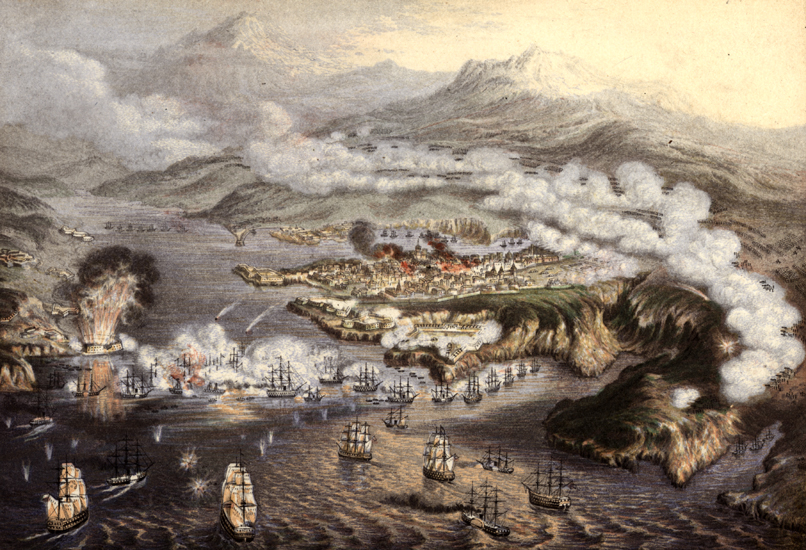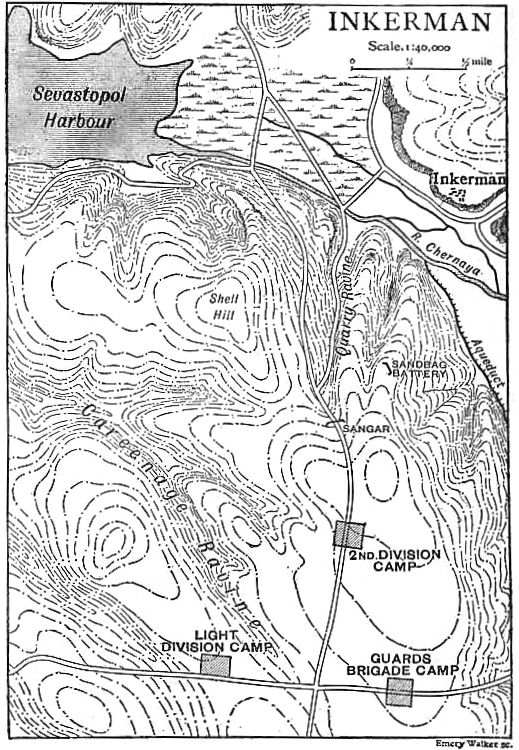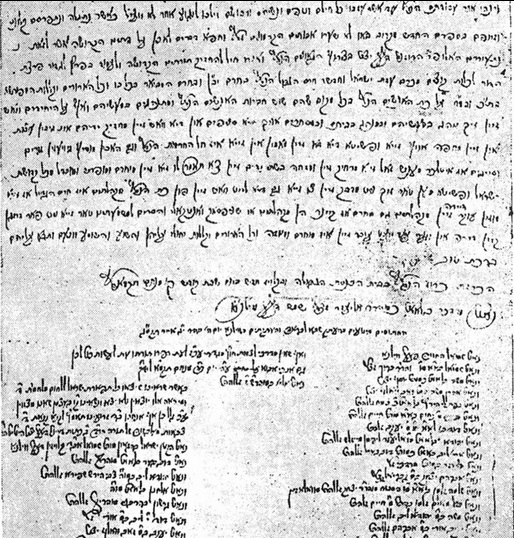|
Balaclava, Victoria
Balaclava is an inner suburb in Melbourne, Victoria, Australia, 7 km south-east of Melbourne's Central Business District, located within the City of Port Phillip local government area. Balaclava recorded a population of 5,392 at the 2021 census. Geography Balaclava is located in the south-east of the city, in the St Kilda East area and is bounded by Inkerman Street to the north, Chapel Street to the west, Hotham Street to the east and Oak Grove and Los Angeles Court to the south. In terms of its cadastral division, Balaclava is in the parish of Prahran, within the County of Bourke. History The suburb was named after the Battle of Balaclava that took place on 25 October 1854, during the Crimean War. Well known television celebrity Graham Kennedy spent part of his childhood in the Balaclava area. After his death, the local council placed a commemorative plaque on the house in which he lived. Demographics Balaclava is home to much of Melbourne's Orthodox Jewish Community ... [...More Info...] [...Related Items...] OR: [Wikipedia] [Google] [Baidu] |
Electoral District Of Caulfield
The electoral district of Caulfield is an electoral district of the Victorian Legislative Assembly. The electorate is surrounded by the other electoral districts of Prahran, Albert Park, Malvern, Oakleigh, Bentleigh and Brighton. It covers the metropolitan suburbs of Caulfield, Caulfield North, Caulfield South, Caulfield East, Elsternwick, Gardenvale, Ripponlea and Balaclava and parts of St Kilda East, St Kilda, Glen Huntly and Ormond within South-East Melbourne. Approximately 45,222 people reside in the electorate which has been contested at each state election in Victoria since 1927. The longest serving member is Ted Tanner, who held the seat for a period of 17 years, between 1979 and 1996. The seat lies in the inner south-east metropolitan Melbourne and was once safe for the Liberal Party. However, a changing demographic and on-going electoral boundary changes have made the electorate increasingly marginal over the past decade. In the 2018 Victorian state election, t ... [...More Info...] [...Related Items...] OR: [Wikipedia] [Google] [Baidu] |
Civil Parish
In England, a civil parish is a type of administrative parish used for local government. It is a territorial designation which is the lowest tier of local government below districts and counties, or their combined form, the unitary authority. Civil parishes can trace their origin to the ancient system of ecclesiastical parishes, which historically played a role in both secular and religious administration. Civil and religious parishes were formally differentiated in the 19th century and are now entirely separate. Civil parishes in their modern form came into being through the Local Government Act 1894, which established elected parish councils to take on the secular functions of the parish vestry. A civil parish can range in size from a sparsely populated rural area with fewer than a hundred inhabitants, to a large town with a population in the tens of thousands. This scope is similar to that of municipalities in Continental Europe, such as the communes of France. However, ... [...More Info...] [...Related Items...] OR: [Wikipedia] [Google] [Baidu] |
Battle Of Alma
The Battle of the Alma (short for Battle of the Alma River) was a battle in the Crimean War between an allied expeditionary force (made up of French, British, and Ottoman forces) and Russian forces defending the Crimean Peninsula on 20September 1854. The allies had made a surprise landing in Crimea on 14September. The allied commanders, Maréchal Jacques Leroy de Saint-Arnaud and Lord Raglan, then marched toward the strategically important port city of Sevastopol, away. Russian commander Prince Alexander Sergeyevich Menshikov rushed his available forces to the last natural defensive position before the city, the Alma Heights, south of the Alma River. The allies made a series of disjointed attacks. The French turned the Russian left flank with an attack up cliffs that the Russians had considered unscalable. The British initially waited to see the outcome of the French attack, then twice unsuccessfully assaulted the Russians' main position on their right. Eventually, superior ... [...More Info...] [...Related Items...] OR: [Wikipedia] [Google] [Baidu] |
Siege Of Sevastopol (1854–1855)
The siege of Sevastopol (at the time called in English the siege of Sebastopol) lasted from October 1854 until September 1855, during the Crimean War. The allies ( French, Sardinian, Ottoman, and British) landed at Eupatoria on 14 September 1854, intending to make a triumphal march to Sevastopol, the capital of the Crimea, with 50,000 men. Major battles along the way were Alma (September 1854), Balaklava (October 1854), Inkerman (November 1854), Tchernaya (August 1855), Redan (September 1855), and, finally, Malakoff (September 1855). During the siege, the allied navy undertook six bombardments of the capital, on 17 October 1854; and on 9 April, 6 June, 17 June, 17 August, and 5 September 1855. The Siege of Sevastopol is one of the last classic sieges in history. The city of Sevastopol was the home of the Tsar's Black Sea Fleet, which threatened the Mediterranean. The Russian field army withdrew before the allies could encircle it. The siege was the culminating struggle fo ... [...More Info...] [...Related Items...] OR: [Wikipedia] [Google] [Baidu] |
Battle Of Inkerman
The Battle of Inkerman was fought during the Crimean War on 5 November 1854 between the allied armies of United Kingdom of Great Britain and Ireland, Britain and Second French Empire, France against the Imperial Russian Empire, Russian Army. The battle broke the will of the Russian Army to defeat the allies in the field, and was followed by the Siege of Sevastopol (1854–1855), siege of Sevastopol. The role of troops fighting mostly on their own initiative due to the foggy conditions during the battle has earned the engagement the name "The Soldier's Battle." Prelude to the battle The allied armies of Britain, France, Sardinia, and the Ottoman Empire had landed on the west coast of Crimea on 14 September 1854, intending to capture the Russian naval base at Sevastopol. The allied armies fought off and defeated the Russian Army at the Battle of Alma, forcing them to retreat in some confusion toward the River Kacha. While the allies could have taken this opportunity to attack Se ... [...More Info...] [...Related Items...] OR: [Wikipedia] [Google] [Baidu] |
Haredi
Haredi Judaism ( he, ', ; also spelled ''Charedi'' in English; plural ''Haredim'' or ''Charedim'') consists of groups within Orthodox Judaism that are characterized by their strict adherence to ''halakha'' (Jewish law) and traditions, in opposition to modern values and practices. Its members are usually referred to as ultra-Orthodox in English; however, the term "ultra-Orthodox" is considered pejorative by many of its adherents, who prefer terms like strictly Orthodox or Haredi. Haredi Jews regard themselves as the most religiously authentic group of Jews, although other movements of Judaism disagree. Some scholars have suggested that Haredi Judaism is a reaction to societal changes, including political emancipation, the ''Haskalah'' movement derived from the Enlightenment, acculturation, secularization, religious reform in all its forms from mild to extreme, the rise of the Jewish national movements, etc. In contrast to Modern Orthodox Judaism, followers of Haredi Judaism ... [...More Info...] [...Related Items...] OR: [Wikipedia] [Google] [Baidu] |
Kosher
(also or , ) is a set of dietary laws dealing with the foods that Jewish people are permitted to eat and how those foods must be prepared according to Jewish law. Food that may be consumed is deemed kosher ( in English, yi, כּשר), from the Ashkenazic pronunciation (KUHsher) of the Hebrew (), meaning "fit" (in this context: "fit for consumption"). Although the details of the laws of are numerous and complex, they rest on a few basic principles: * Only certain types of mammals, birds and fish meeting specific criteria are kosher; the consumption of the flesh of any animals that do not meet these criteria, such as pork, frogs, and shellfish, is forbidden. * Kosher mammals and birds must be slaughtered according to a process known as ; blood may never be consumed and must be removed from meat by a process of salting and soaking in water for the meat to be permissible for use. * Meat and meat derivatives may never be mixed with milk and milk derivatives: separate equip ... [...More Info...] [...Related Items...] OR: [Wikipedia] [Google] [Baidu] |
Yeshivish
Yeshivish (), also known as Yeshiva English, Yeshivisheh Shprach, or Yeshivisheh Reid, is a sociolect of English spoken by Yeshiva students and other Jews with a strong connection to the Orthodox Yeshiva world. "Yeshivish" may also refer to non-Hasidic Haredi Jews. Sometimes it has an extra connotation of non-Hasidic Haredi Jews educated in yeshiva and whose education made a noticeable specific cultural impact onto them. In the latter case the term has ambivalent (both positive and negative) connotations comparable to these of the term "academic". The term appears to be a portmanteau word of ''yeshiva'' and ''English'', however, it may simply be formed from ''yeshiva'' + the adjectival suffix ''-ish''. Research Only a few serious studies have been written about Yeshivish. The first is a master's thesis by Steven Ray Goldfarb (University of Texas at El Paso, 1979) called "A Sampling of Lexical Items in Yeshiva English." The work lists, defines, and provides examples for nearly ... [...More Info...] [...Related Items...] OR: [Wikipedia] [Google] [Baidu] |
Mitnagdim
''Misnagdim'' (, "Opponents"; Sephardi pronunciation: ''Mitnagdim''; singular ''misnaged''/''mitnaged'') was a religious movement among the Jews of Eastern Europe which resisted the rise of Hasidism in the 18th and 19th centuries. The ''Misnagdim'' were particularly concentrated in Lithuania, where Vilnius served as the bastion of the movement, but anti-Hasidic activity was undertaken by the establishment in many locales. The most severe clashes between the factions took place in the latter third of the 18th century; the failure to contain Hasidism led the ''Misnagdim'' to develop distinct religious philosophies and communal institutions, which were not merely a perpetuation of the old status quo but often innovative. The most notable results of these efforts, pioneered by Chaim of Volozhin and continued by his disciples, were the modern, independent ''yeshiva'' and the Musar movement. Since the late 19th century, tensions with the Hasidim largely subsided, and the heirs of ''M ... [...More Info...] [...Related Items...] OR: [Wikipedia] [Google] [Baidu] |
Hasidic Judaism
Hasidism, sometimes spelled Chassidism, and also known as Hasidic Judaism (Ashkenazi Hebrew: חסידות ''Ḥăsīdus'', ; originally, "piety"), is a Judaism, Jewish religious group that arose as a spiritual revival movement in the territory of contemporary Western Ukraine during the 18th century, and spread rapidly throughout Eastern Europe. Today, most affiliates reside in Israel and the United States. Israel Ben Eliezer, the "Baal Shem Tov", is regarded as its founding father, and his disciples developed and disseminated it. Present-day Hasidism is a sub-group within Haredi Judaism and is noted for its religious conservatism and social seclusion. Its members adhere closely both to Orthodox Judaism, Orthodox Jewish practice – with the movement's own unique emphases – and the traditions of Eastern European Jews. Many of the latter, including various special styles of dress and the use of the Yiddish language, are nowadays associated almost exclusively with Hasidism. Hasi ... [...More Info...] [...Related Items...] OR: [Wikipedia] [Google] [Baidu] |
Orthodox Jewish
Orthodox Judaism is the collective term for the traditionalist and theologically conservative branches of contemporary Judaism. Theologically, it is chiefly defined by regarding the Torah, both Written and Oral, as revealed by God to Moses on Mount Sinai and faithfully transmitted ever since. Orthodox Judaism, therefore, advocates a strict observance of Jewish law, or ''halakha'', which is to be interpreted and determined exclusively according to traditional methods and in adherence to the continuum of received precedent through the ages. It regards the entire ''halakhic'' system as ultimately grounded in immutable revelation, and beyond external influence. Key practices are observing the Sabbath, eating kosher, and Torah study. Key doctrines include a future Messiah who will restore Jewish practice by building the temple in Jerusalem and gathering all the Jews to Israel, belief in a future bodily resurrection of the dead, divine reward and punishment for the righteous and th ... [...More Info...] [...Related Items...] OR: [Wikipedia] [Google] [Baidu] |
Graham Kennedy
Graham Cyril Kennedy AO (15 February 1934 – 25 May 2005) was an Australian entertainer, comedian and variety performer, as well as a personality and star of radio, theatre, television and film. He often performed in the style of vaudevillian and radio comedy star Roy Rene and was often called "Gra Gra" (pronounced "gray-gray"). Honoured as an officer of the Order of Australia, he was a six-time recipient of the Gold Logie, including the Logie Hall of Fame award, and won the Star of the Year Award in 1959. He is the most awarded star of Australian television. He was often referred to as "The King" or the "King of Australian television". He was also known for his collaborations with Australian entertainer Bert Newton and American-born television personality Don Lane. Early life Childhood Kennedy was born in Camden Street, Balaclava to Cyril William Kennedy and Mary Austin Kennedy (née Scott). Kennedy's mother, who was 18 years old at the time of his birth,Blundell (2003), ... [...More Info...] [...Related Items...] OR: [Wikipedia] [Google] [Baidu] |








